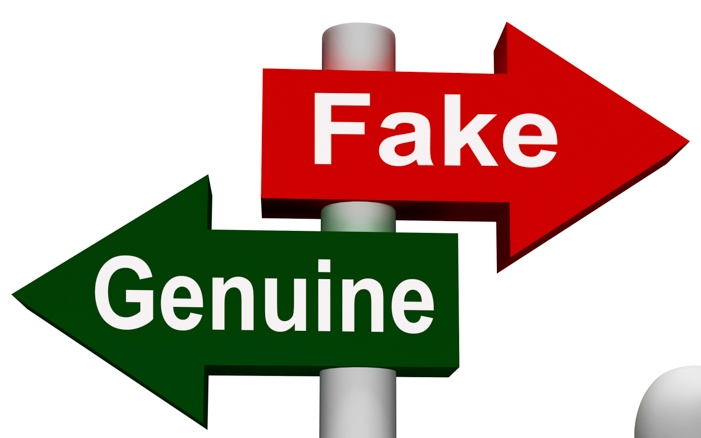Can information literacy combat fake news?
Comments on the Public Release “OHIO study: Information literacy can combat ‘fake news’” (11-Mar-2019)
“Information literacy must be improved to stop spread of ‘fake news'”.
This may imply that the spread of fake news is caused by a lack of information literacy. We believe, however, that people (“regardless of age, social class or gender”) enjoy gossiping. Social media provides an award system (based on like and share buttons) for being the first to share a gossip (or any other information snipet) within one’s friends group, not for spreading fake news but rather for gathering personal und behavioural data of its users for marketing purposes.
“Recognise misinformation and verify before sharing.”
Accuracy is not a prime feature of gossip. On the contrary, it could be the death of a really good gossip.
“The vital role of individuals in halting the spread of misinformation”.
We believe it is too simple to hold the individuals accountable for spreading (by forwarding) misinformation, disinformation, fake news, alternative facts, hoaxes – or put simply: lies. As much so as blaming the individual car driver for climate change or the consumer with his shopping for the Great Pacific Garbage Patch.
“Media and information literacy was found to be the biggest factor in recognizing misinformation.”
Recognizing misinformation is not the most difficult task within information behaviour. Recognizing misinformation does not necessarily prevent people from sharing it anyway since ‘a good story’ could be more entertaining (and rewarding) than facts and figures.
“In addition to information literacy, information verification attitude greatly mattered.”
An attitude comes before a behaviour. If an attitude can be changed behaviour could be changed next. But who or what can change (information) consumers’ attitudes in the long run, particularly if information is free and quality is a minor issue?
“Those who have a strong belief in the reliability of the information are more likely to share information online without verification.”
First, it seems impractical to verify what you consider or believe reliable information anyway.
Second, it is not always easy to distinguish between believing and knowing that a piece of information is reliable.
Thirdly, given the daily information flood, information shared on Social Media may well be a compilation of whatever the selection criteria may have been (gossiping, catching attention or gathering ‘likes’ included). Reliability and veracity may not be number-one-criteria though – as long as they are not rewarded explicitly.
“Some do not have the media or information literacy to accurately assess whether information they are sharing is in fact correct.”
Unfortunately, the vast majority of social media users are not trained fact checkers. We also doubt that “simply Googling” would be feasible for all those who hardly read more than a news’ (be it fake or not) headline.
“The study found that people from lower education levels, lower income and those newer to the internet would benefit most from learning additional information literacy.”
We wonder if people with lower income are the ones with lower education levels and thus newer internet access.
Can information literacy combat fake news?
As the next EU elections are coming up and ‘dirty campagning’ with disinformation spread over Social Media is most likely to play its part, some bureaucrats have been making efforts how to prevent the ‘authors’ and producers of disinformation (including the masterminds behind social bots, troll farms etc.) by law or regulations, with hardly any success.
Inhibiting users from accessing Social Media does not prove successful either as this is the most important bait for almost everybody to carry along his personal chip anywhere at any time.
Further, improving media & information literacy on a nation-wide scale is not popular with any decision makers in politics or industry while all resources available are focussing on digital literacy (and how to make the labour force compatible with a digital economy).
It has been proven, however, that Social Media Platforms can be and are easily abused for illegitimate data sales and disinformation exchange by many. No legal action has been taken so far nor technical changes. Are they too big to fail?
We come to the conclusion that neither legal measures against the ‘authors’ (criminals) behind ‘fake news’ nor individual training will protect us and our societies from the negative impacts of disinformation, but rather the regulation of the power of social media enterprises, by making their business models and algorithms transparent and their support for and mediation of unethical behaviour less rewarding.
Perhaps in the future we will get a ‘dislike’ button to combat fake news and the like?!
